The Catholic Bishop of Katsina-Ala Diocese, Most Rev. Isaac Bunepuun Dugu, has raised deep concern over the collapse of education in parts of Benue State, saying that insecurity and poor infrastructure are forcing children out of school and crippling community development.
Speaking with ACI Africa during the launch of three new books to mark his 25th priestly anniversary, Bishop Dugu lamented that the ongoing violence in the Sankera axis — which covers Katsina-Ala, Ukum, and Logo Local Government Areas — has displaced schools, teachers, and learners alike.
> “Insecurity has greatly affected education in our Diocese,” he said. “Many schools have been displaced or forced to close because of constant attacks and fear of violence. Teachers are afraid to go to work, and children have lost interest in school because their learning environment is no longer safe.”
Bishop Dugu explained that the Diocese has been forced to take extraordinary measures to keep education alive despite the danger.
“We have invested so much in education because we believe literacy is both a right and a tool for rebuilding communities destroyed by conflict,” he said.
According to him, the Church has continued to rebuild classrooms, train teachers, and support displaced learners with scholarships and alternative learning centers — even in areas threatened by banditry and communal violence.
“Even when banditry and violence threatened our schools, we kept faith,” the Bishop said.
Families Displaced, Futures Uncertain
The Bishop described how insecurity has destroyed livelihoods, leaving parents too poor or too displaced to send their children to school.
“Families are displaced, and children are growing up in camps instead of classrooms,” he lamented.
He noted that without urgent government intervention, a whole generation of children could be lost to illiteracy and trauma.
✝️ Church-Led Peace Efforts
Beyond education, the Diocese is also investing in peacebuilding and reconciliation, working with traditional rulers, government agencies, and even youth groups involved in local conflicts.
“Without peace, no meaningful learning can take place,” Bishop Dugu said.
He urged the federal and state governments to intensify efforts to secure rural areas and fix key infrastructure — especially the Gboko–Ugbema road, which he described as a major hazard to movement and trade.
“We need to see the contractor on site and the work completed,” he emphasized.
Hope Amid Hardship
Despite the challenges, Bishop Dugu commended Benue State Governor, Rev. Fr. Hyacinth Iormem Alia, for his ongoing reforms, improved welfare of civil servants, and infrastructure projects. He appealed to the federal government to support these initiatives for lasting change.
The Bishop reaffirmed that the Katsina-Ala Diocese remains committed to its development agenda built on four pillars:
1. Evangelization and Catechesis
2. Family and Community Life
3. Integral Education
4. Peace and Reconciliation
He disclosed that seminarians from the Diocese are currently studying in various seminaries across Nigeria to gain broader experience.
“When they return, they will bring with them a wealth of experience,” Bishop Dugu said.
Ending on a hopeful note, he added:
“By God’s grace, our Diocese will be great. We are adding value to the lives of everyone — the wealthy, the middle class, the underprivileged, and the displaced.”
Source:
ACI Africa Interview with Bishop Isaac Bunepuun Dugu, November 5, 2025.
Reported by Abah Anthony John for EduTimes Africa.


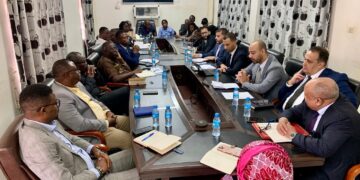



























































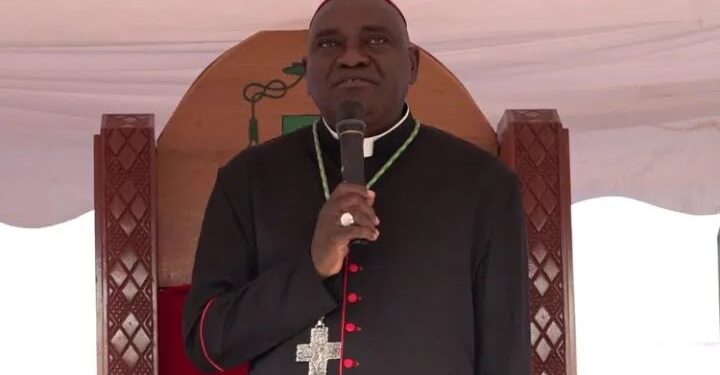





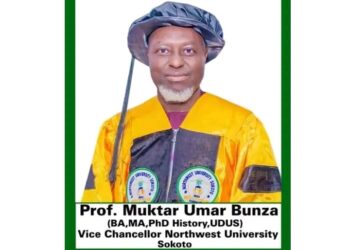
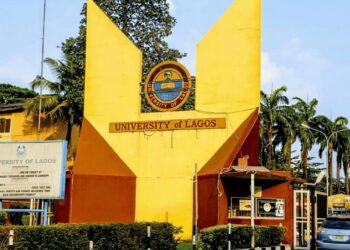
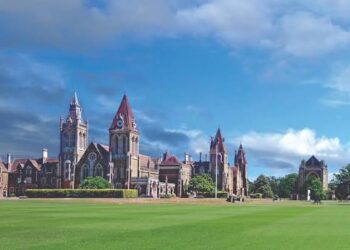
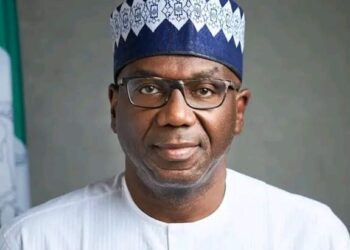











 EduTimes Africa, a product of Education Times Africa, is a magazine publication that aims to lend its support to close the yawning gap in Africa's educational development.
EduTimes Africa, a product of Education Times Africa, is a magazine publication that aims to lend its support to close the yawning gap in Africa's educational development.